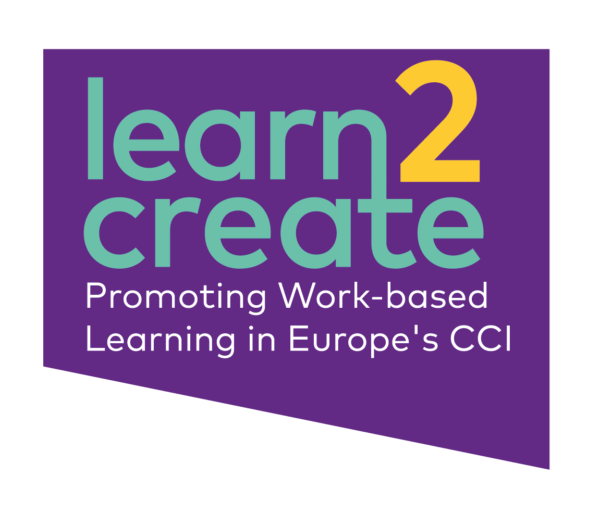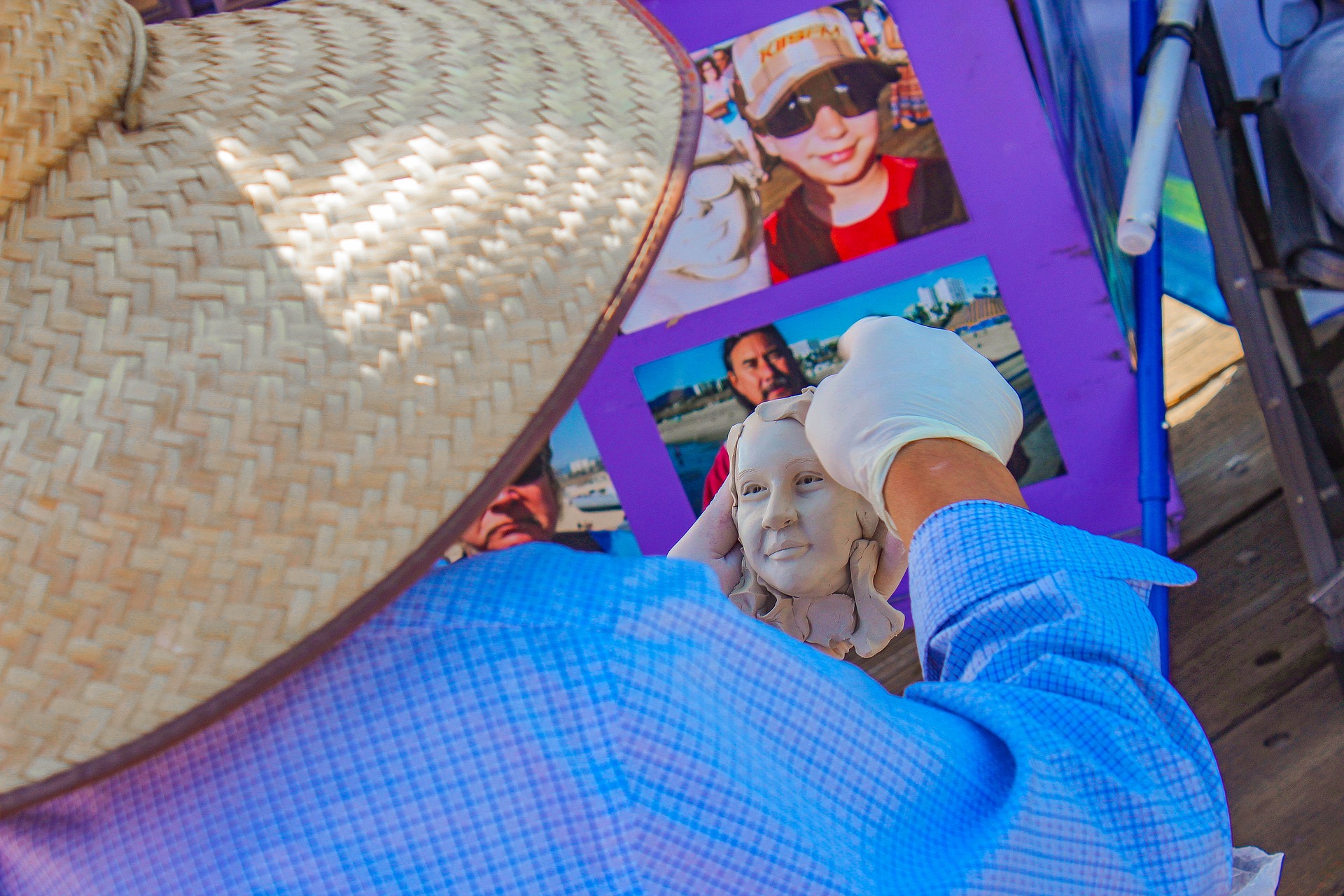- Tell us about your personal experience with WBL.
In the 90s, when I took a degree in Art History, internships were not very common. Later on, when I got my master’s degree, I did have the opportunity to collaborate with the Reina Sofía Museum of Contemporary Art, in Madrid.
As a professor, I like to show my students case studies of cultural management projects. It is not the same as a medium or long-term work experience, but I think it is a great insight on how to develop a cultural project.
Besides, I currently run a cultural management company where I regularly host interns from different countries. During the internships, they learn on a real workplace environment, something that rarely happens at the University.
- What are the main weaknesses you find in Arts and Humanities students?
The students are unfamiliar to the characteristics of the labour market. I usually tell them stories from my professional experience. I talk to them about successful, but also about failure, so I can sympathise and capture their attention.
- How would you improve Arts & Humanities degrees?
I think that bachelor’s degrees which allow students to design their own curriculum are quite interesting. I also believe that the specialization should be part of the bachelor’s degree, whereas the master’s degree should emphasize the practical aspects of the profession.
- How would you facilitate the transition from the education system to the labour market?
I think it is necessary to foster the entrepreneurship education. Also, I believe that institutions should organise events to connect companies and students more often. Scholarships and grants should also be improved. Spanish universities lack financial resources, and the paperwork is always exhausting.
- How do you see the current situation of the creative and cultural sector?
Self-employment in this sector is a very common practice. Generally, there are initiatives developed by artists that put into question, in a good way, the system established by cultural industries and institutions. However, the continuity of these initiatives is very difficult, because it is too expensive to run a small cultural project when there is not enough cash flow and there is scarcely support from the Government. Besides, there is a lack of information about the opportunities available for artists. There should be an official and direct channel of communication between institutions and artists. Moreover, it is necessary to foster initiatives such as crowdfunding, and to enhance the networking and communication skills of artists. If we do so, the economic impact of the sector will increase in the following years.

Elvira Rilova holds a Master in Organization of Events and Protocol from the Complutense University of Madrid and she is currently working on her PhD in Cultural Management from the University of Burgos. She is one of the executive managers of Acelerador de Artistas and she also coordinates online courses at the University of Burgos. In the present article, we gather some of her insights on WBL and the current situation of the creative and cultural sector.


